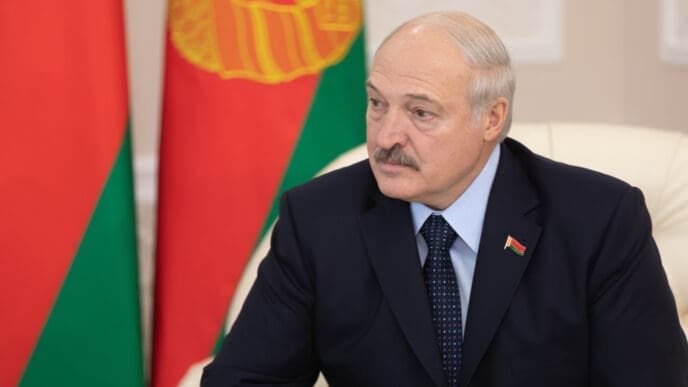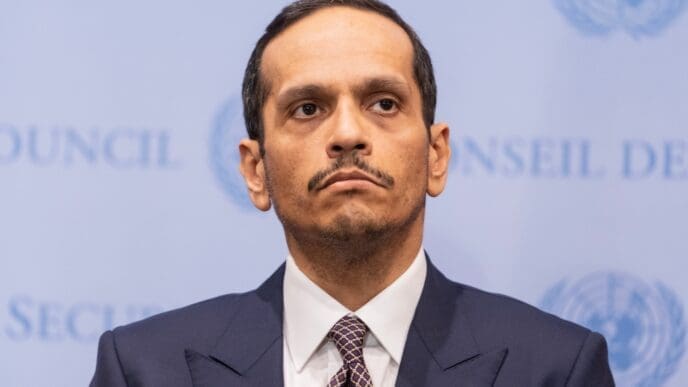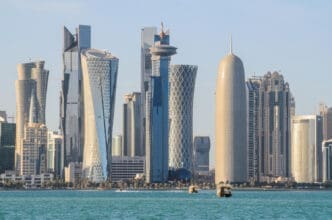The Ukrainian energy company Naftogaz has received authorization to seek €5 billion in compensation from the Russian government through the French legal system. This follows a decision by a Paris civil court to recognize an arbitration ruling made in 2023. The claim, initially filed with the Permanent Court of Arbitration in The Hague, seeks compensation related to Russia’s annexation of the Crimean peninsula in 2014, rather than the ongoing conflict between Russia and Ukraine.
The recent court order in France allows Naftogaz to proceed with enforcement proceedings within French jurisdiction, enabling the company to pursue Russian assets located in France. Naftogaz has accused Moscow of unlawfully seizing pipeline and offshore infrastructure, which both Kyiv and the European Union consider to be in occupied territory. The legal action in France is part of Naftogaz’s broader strategy to enforce the arbitration award in countries where Russia holds assets.
This development arrives shortly after a court in Saint Petersburg increased a financial award against Naftogaz to $1.3 billion, in a case filed by Russia’s Gazprom. This case concerned Naftogaz’s restrictions on gas transit across Ukrainian territory. Gas transit into the EU via Ukraine has ceased this year following the expiration of existing agreements, though gas imports continue through the Turkstream pipeline into Hungary and Austria.
The European Commission is expected to propose an action plan on May 6 to reduce Europe’s reliance on Russian fossil fuels. However, Hungary has already stated its opposition to any sanctions on gas, which would require the unanimous approval of all 27 EU member states.
The Evolving Landscape
The recent legal developments between Naftogaz and Russia may have significant implications for the energy landscape in Europe. As Naftogaz pursues enforcement of its arbitration award, the case underscores the complex geopolitical tensions impacting energy security and economic stability across the continent. For consumers and businesses, the outcome of this legal battle could influence energy prices and supply chains, especially as Europe seeks to diversify its energy sources away from Russian imports.
Additionally, the European Commission’s forthcoming action plan to reduce dependence on Russian fossil fuels highlights the region’s broader strategic shift towards energy independence. However, the need for unanimous agreement among EU member states presents a challenge, as differing national interests, such as Hungary’s reluctance to sanction gas imports, could impede collective action. This evolving situation emphasizes the critical need for collaboration and innovation in developing sustainable and secure energy solutions for the future.












